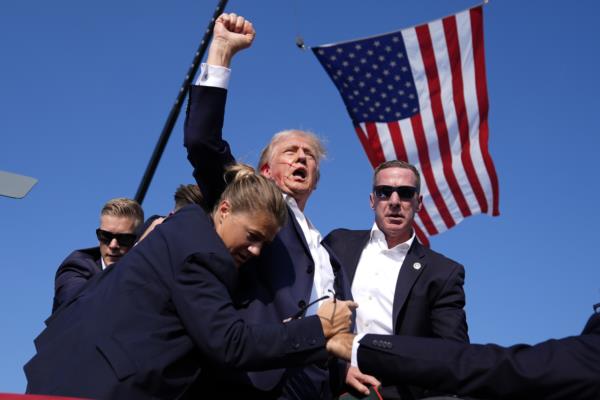
The U.S. Secret Service (USSS) leaders recently held a 1 p.m. update on the agency's internal investigation following the assassination attempt on former President Donald Trump at a campaign rally in Butler, Pennsylvania, on July 13. The agency's acting Director, Ronald Rowe, emphasized the critical nature of their mission in today's hyperdynamic threat environment, stating that failure is not an option.
Following the shooting incident, former Secret Service Director Kimberly Cheatle resigned, and five individuals were placed on administrative duty as investigations unfolded. Both the House and FBI are conducting separate investigations into the matter.
Rowe acknowledged the agency's failure in adequately preparing for the rally, where the gunman, Thomas Matthew Crooks, fatally shot one spectator, injured two others, and grazed Trump's ear from an unprotected rooftop about 150 yards away.



Rowe highlighted the need for a paradigm shift in the agency's operations in response to the evolving threat landscape, as demonstrated by a recent incident in West Palm Beach where USSS thwarted a second assassination attempt on Trump. An agent on Trump's protective detail spotted a rifle barrel in the tree line at the Trump International Golf Club, leading to the arrest of the suspect, Ryan Routh, who had camped near the fence with a loaded weapon.
The Secret Service is now entering the accountability phase, with actions expected against officials responsible for the security lapses. Rowe emphasized that violations of policy will result in disciplinary action, as the agency reviews its findings to prevent future mission failures.
Trump commended the agent who intervened in the second assassination attempt, underscoring the importance of vigilance and swift action in protecting public figures from potential threats.

.jpg?w=600)





